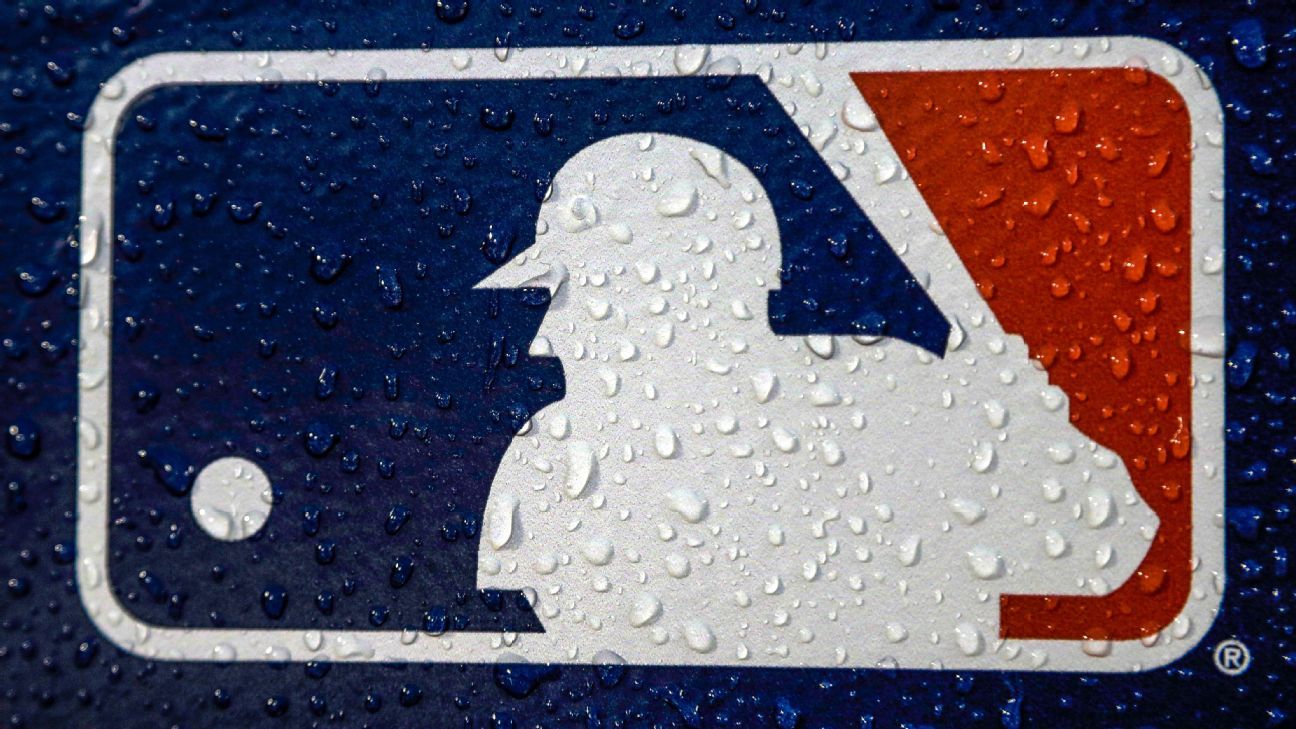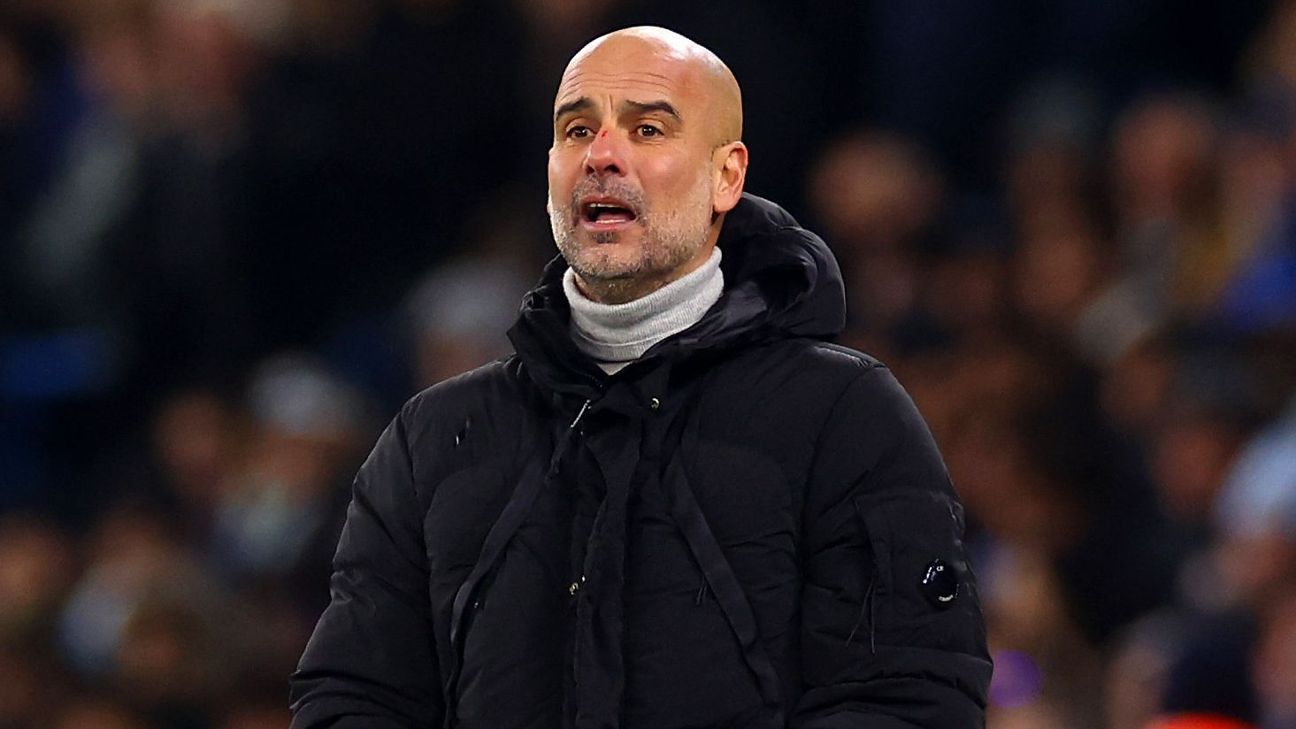
MORE THAN A month into Major League Baseball's lockout, well aware that the league and players haven't had a single substantive negotiating session since the work stoppage began and that spring training is fast approaching without an iota of progress toward a new collective bargaining agreement, a longtime baseball man very calmly said into his phone earlier this week, "What the f--- are we doing?"
This man is not an alarmist. He has intimate knowledge of how the relationship between the league and the players' union works -- or rather, doesn't work -- and he has grown increasingly cynical about the parties reaching a deal anytime soon. He's not yet ready to say baseball will lose games on account of its labor war, but he's not ready to say baseball won't lose games, either.
He sees it happening again -- the same thing that happened in 2020, when an attempt to strike a deal for the season fell apart. Then and now, the players and league don't negotiate so much as talk past each other. For all the rhetoric about the animosity between the parties not mattering as much as the substance of the issues they're discussing, they can't even get to the substance of the issues because the relationship is so toxic.
"We're in such a place as an industry that it's kind of like politics," the man said. "Everyone is so obsessed with winning this narrow game we've prescribed for ourselves. There's no practicality. No moderation."
He's not at the point of saying there's no hope, though on some days, it certainly feels that way. Baseball, at the moment, is frighteningly irrelevant. In a normal winter, players would be signing and teams would be making trades, and the promise of pitchers and catchers reporting would provide enough fuel to keep the hot stove lit. Today, there is nothing. MLB's official website looks like an old GeoCities page, and its TV network is in permanent rerun mode. Pitchers and catchers reporting in mid-February gets less likely by the minute, and after 36 days of silence since the lockout began, there remain no plans for the sides to talk about the core economic issues that cleave them.
The longtime baseball man is very real, but he is also a proxy. He is you, your friends, your family. He is everyone you know who loves baseball and is wondering whether the owners and players will allow what's heretofore been a dispute with no casualties to spiral into something that could deeply scar the sport. He is also frustrated. He is annoyed. He is over this.
And this might be what most aggrieves the man: He's not the only one that knows there's a path to a deal. Everyone in baseball does. But so far, they're all walking right past it.















 Phone: (800) 737. 6040
Phone: (800) 737. 6040 Fax: (800) 825 5558
Fax: (800) 825 5558 Website:
Website:  Email:
Email: 






